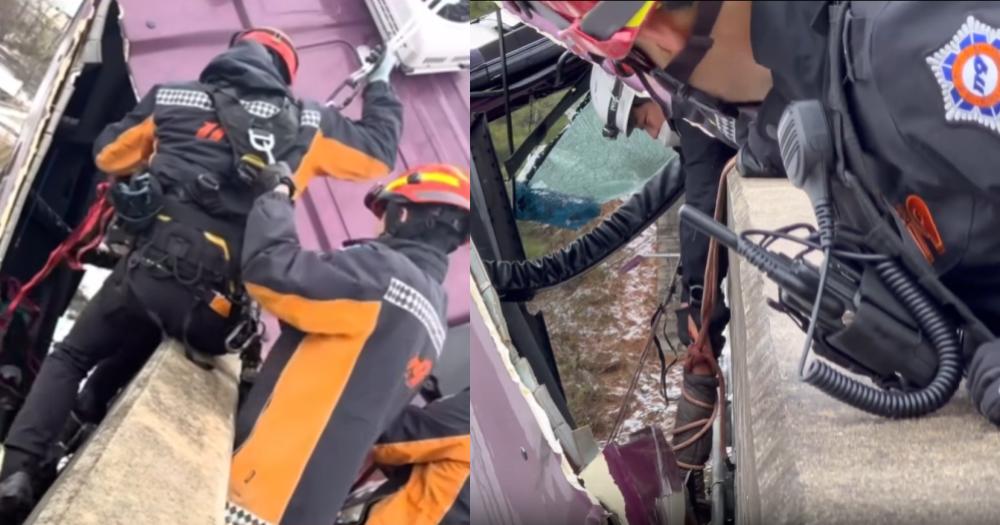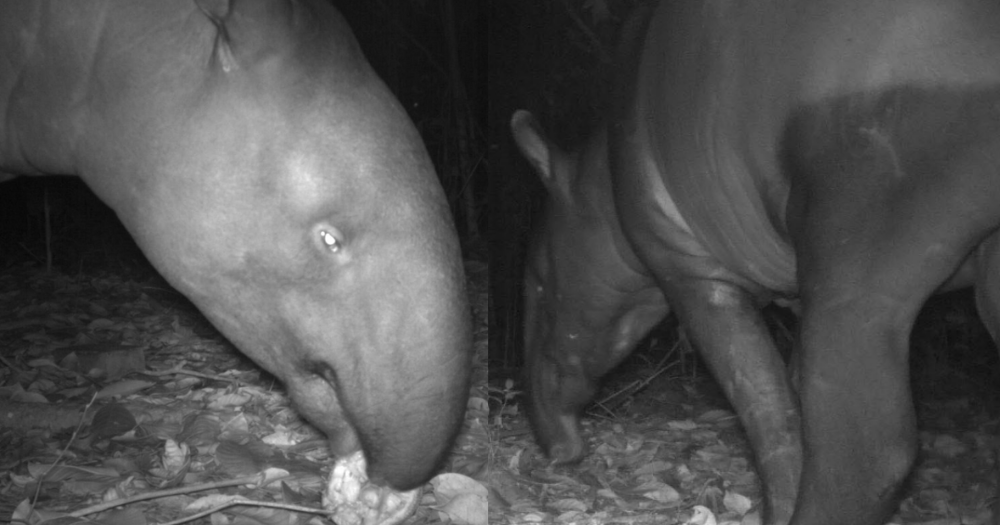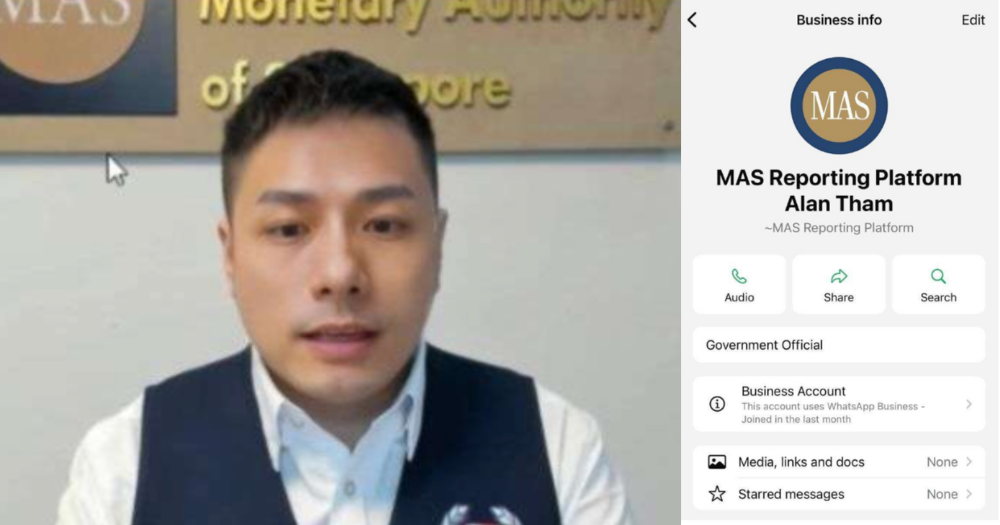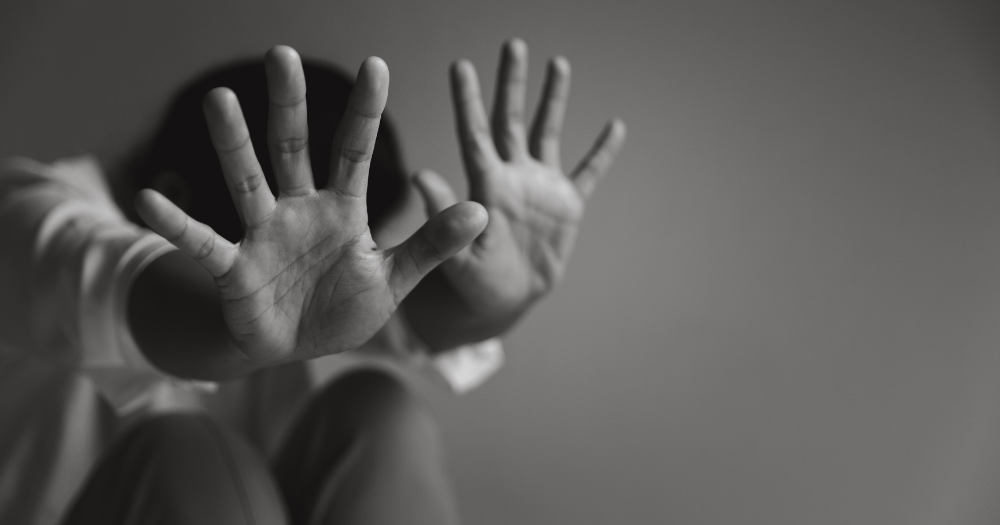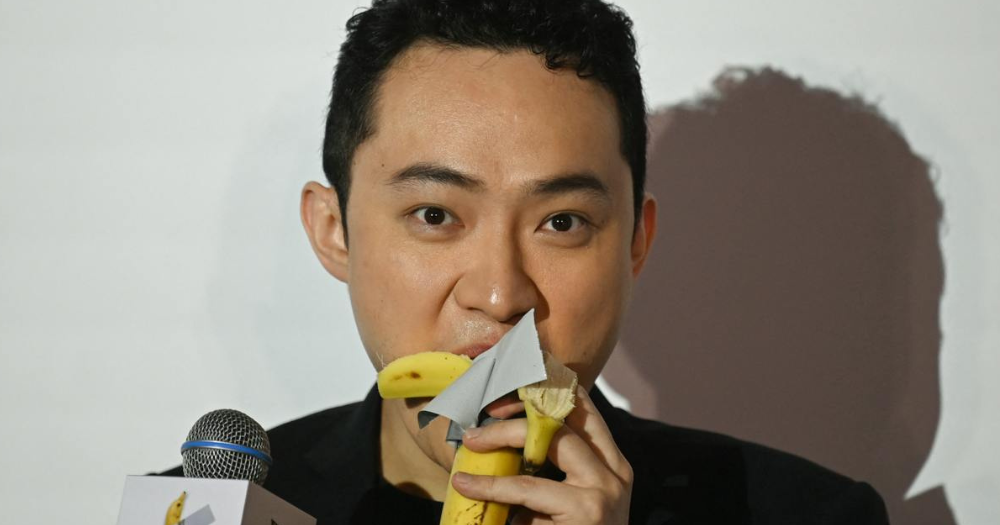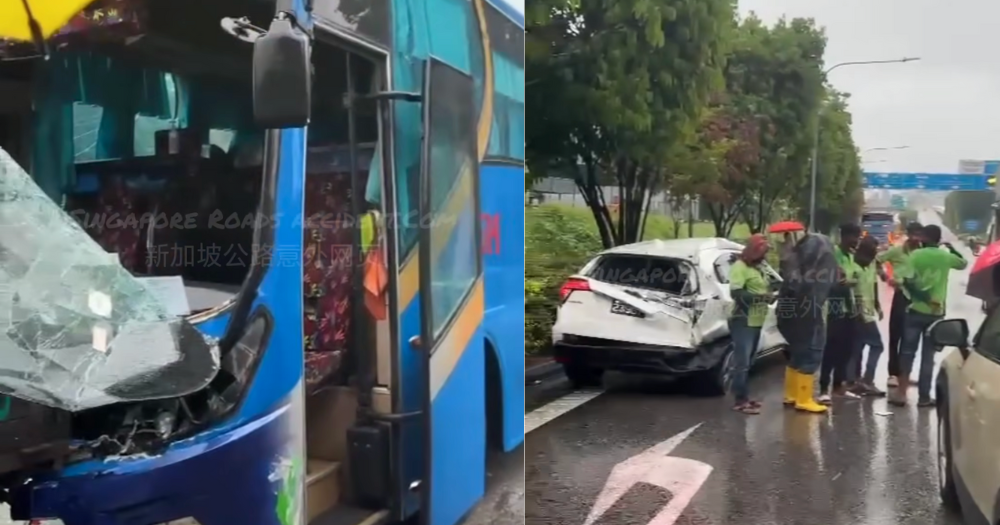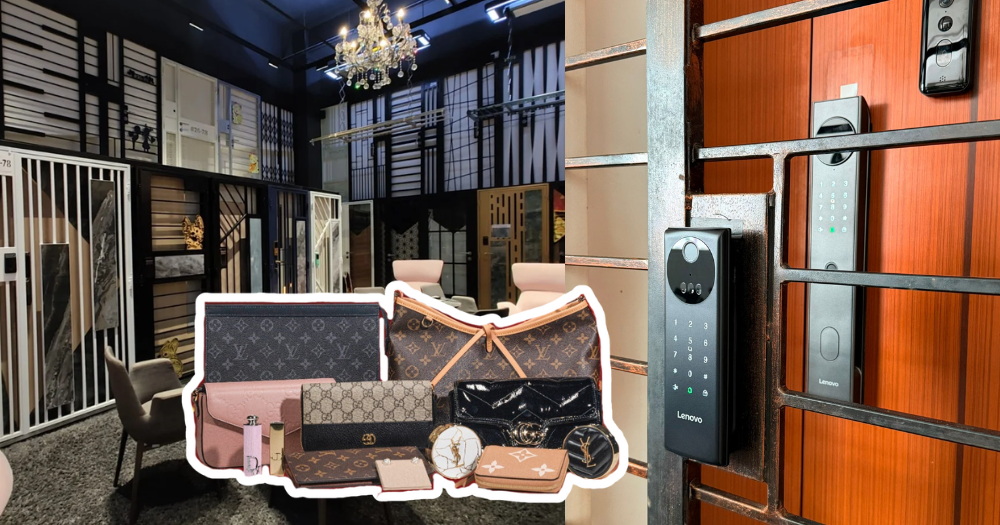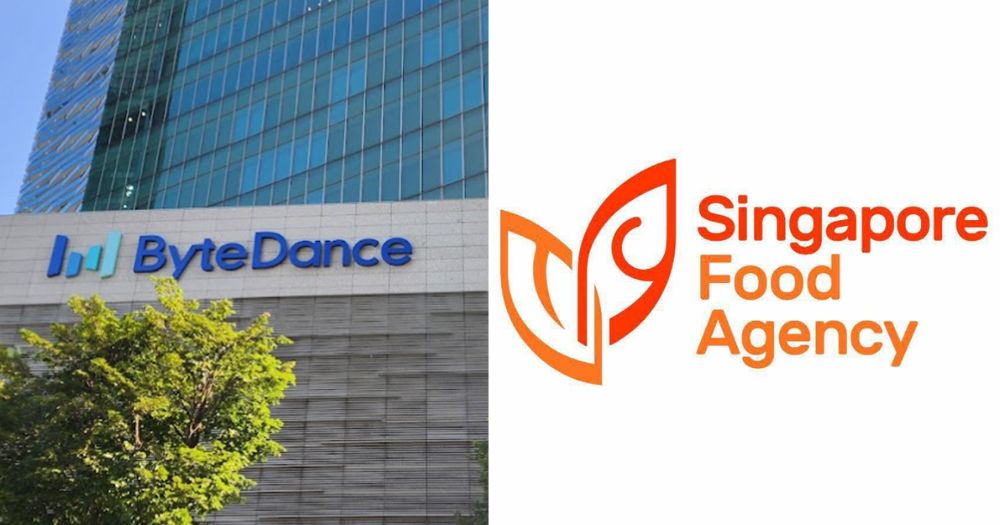HIV self-testing kits to be sold at select Guardian & Watsons outlets by end-Jan. 2025
The kits will also be available at the National Skin Centre's retail pharmacy.
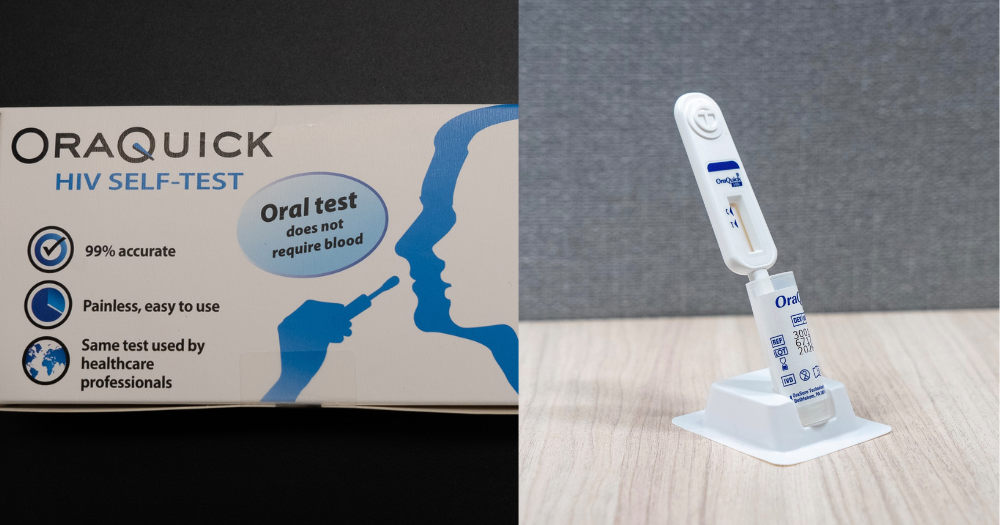
By end-January 2025, Human Immunodeficiency Virus (HIV) self-testing kits will be made available at selected retail pharmacies across Singapore, making HIV testing more accessible.
The initiative was announced by Senior Minister of State Janil Puthucheary at the 14th Singapore AIDS Conference (SAC) on Nov. 30.
The introduction of HIV self-testing was led by the National HIV Programme alongside community partners Actions for Aids (AfA) and the Department of Sexually Transmitted Infections Control (DSC) Clinic.
It started as a pilot programme in August 2022, with the Ministry of Health (MOH) saying that the pilot "demonstrated the acceptability, safety and effective use of HIV self-testing" and encouraged testing among those who had never previously got tested for HIV.
Self-initiated HIV testing has consistently been relatively low, with the proportion of HIV cases detected through self-initiated testing hovering between 15 and 17 per cent from 2021 to 2023, MOH said on Nov. 30.
More than half of newly detected HIV cases in Singapore from 2021 to 2023 were detected at a late stage, said MOH.
62, 51, and 52 per cent of cases in 2021, 2022 and 2023 respectively were late-stage cases.
Convenient and accessible
Testing is the only way of knowing one's HIV status.
The OraQuick HIV self-test is a kit currently available in Singapore, with the AfA website stating its price as S$22.
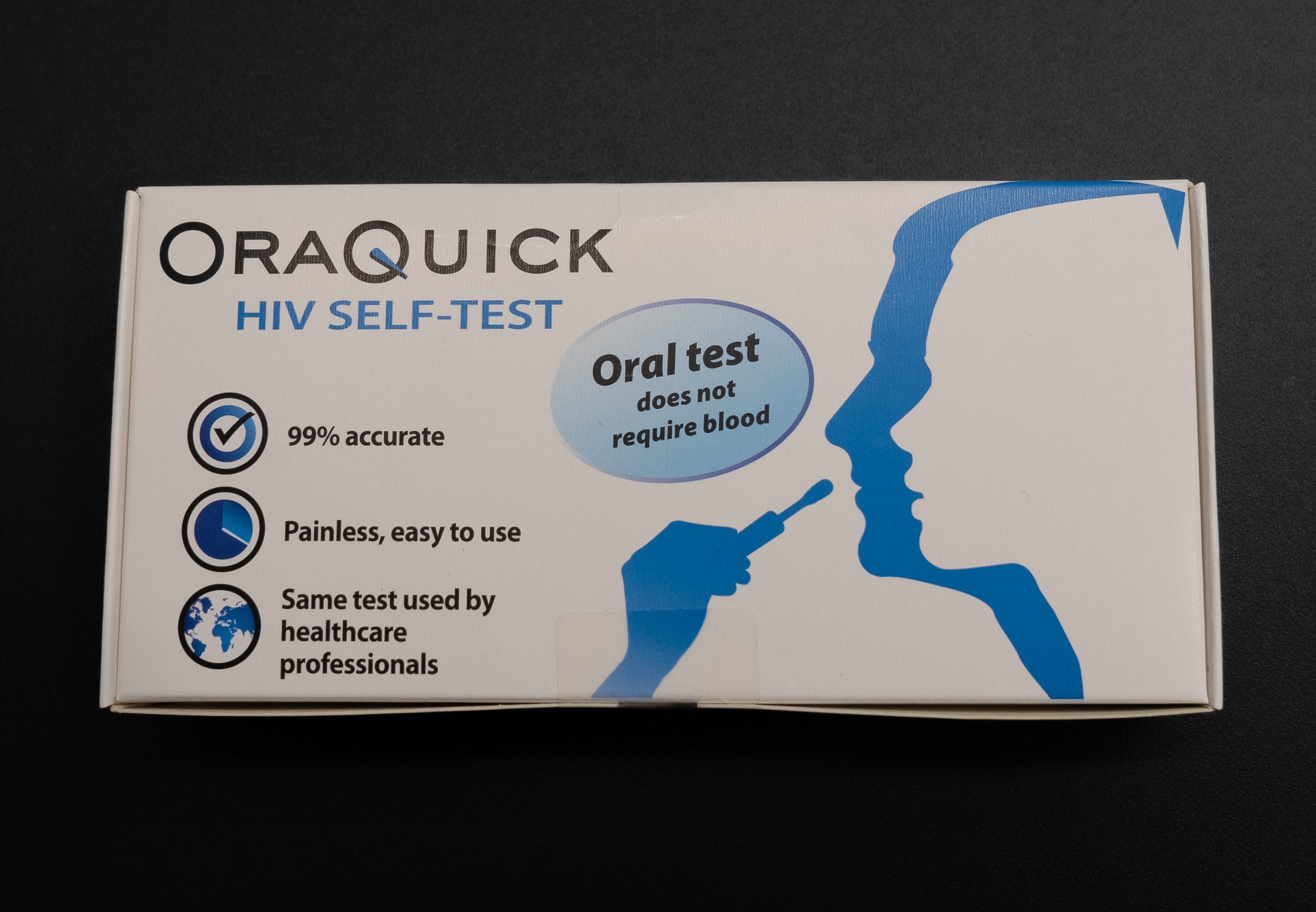 Photo from Ministry of Health.
Photo from Ministry of Health.
"HIV self-testing kits are rapid, user-friendly, and can be easily delivered in and by communities," said Janil.
Given that it is an oral test, it also does not require blood to be drawn.
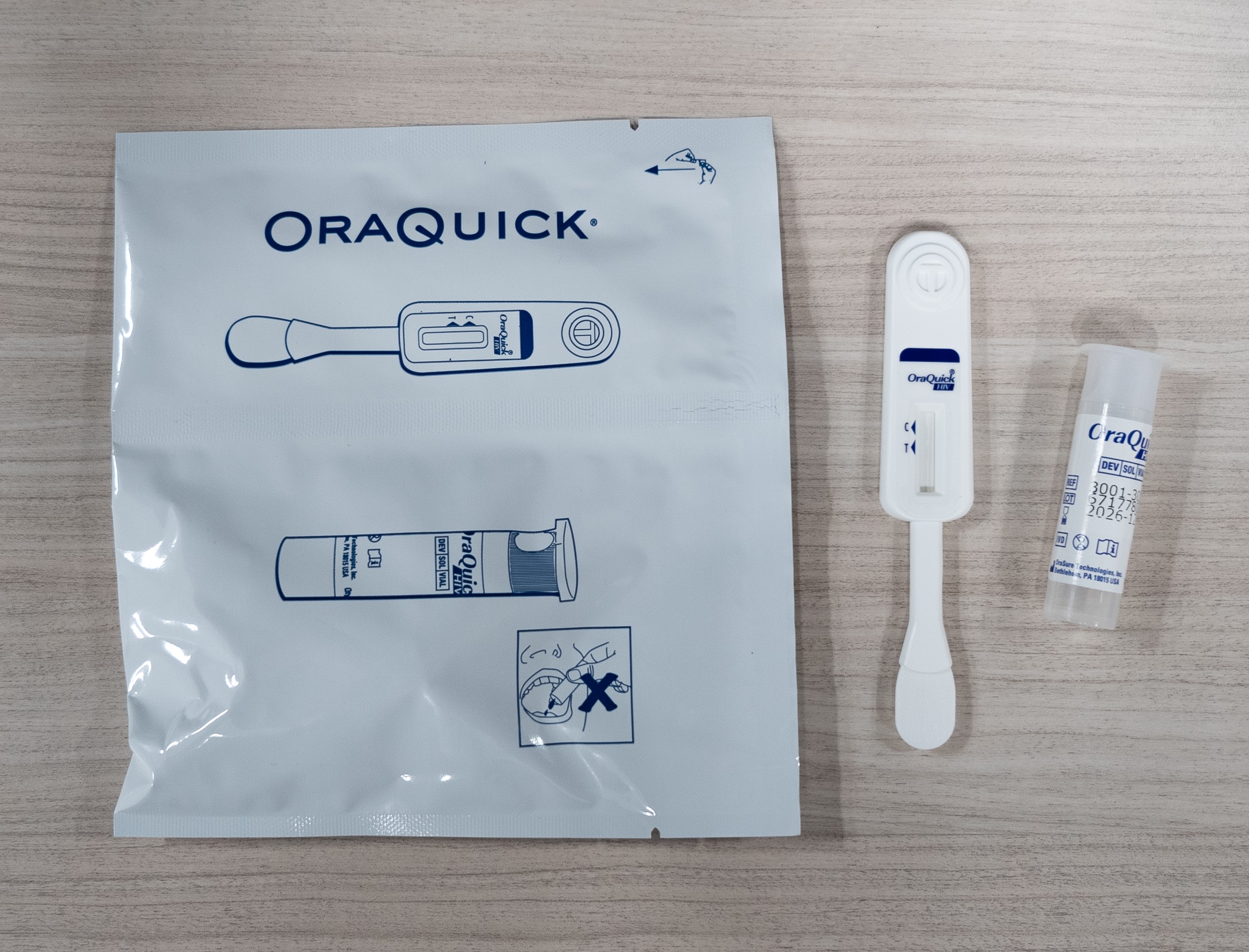 Photo from Ministry of Health.
Photo from Ministry of Health.
Links to instructional videos in local languages will also be provided in the kit.
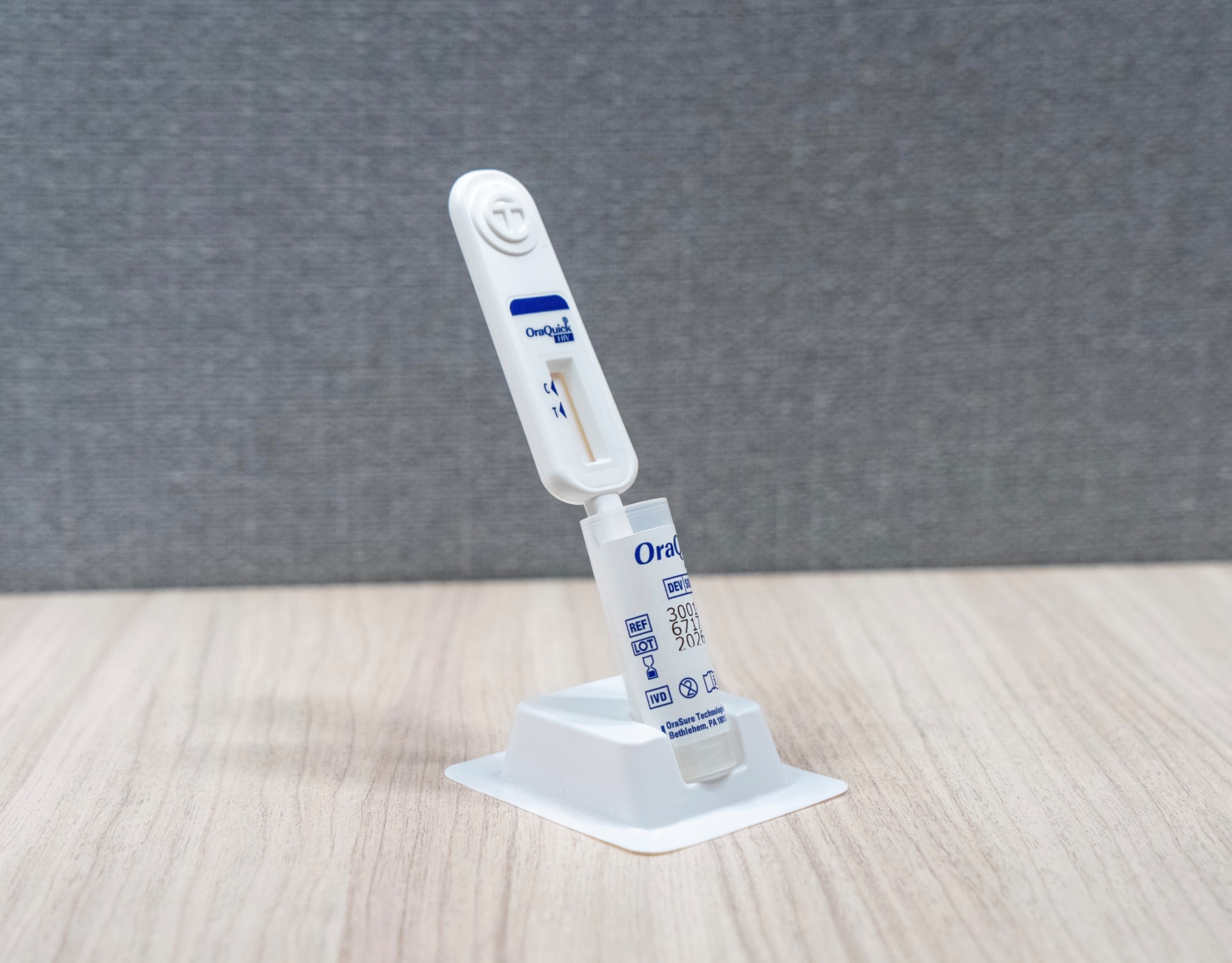 Photo from Ministry of Health.
Photo from Ministry of Health.
However, a single rapid diagnostic test is "not sufficient" to make a formal diagnosis of HIV infection, MOH said.
Instead, individuals who test positive should consult healthcare providers for further confirmatory treatment, and to be referred for treatment.
Stigma continues to be a key barrier
Janil also shared that Singapore has made "significant strides" towards achieving the 95-95-95 target set by the United Nations Programme on HIV/AIDS (UNAIDS).
The target is for 95 per cent of people living with HIV to know their diagnosis, 95 per cent of those diagnosed with HIV to be receiving treatment, and 95 per cent of those receiving treatment to achieve a suppressed viral load.
Janil said there has been "significant progress" toward the target, with 85 per cent of people living with HIV in Singapore knowing their diagnosis, 94 per cent of those diagnosed receiving treatment, and 93 per cent of those on treatment having achieved viral suppression.
But he added that Singapore must "maintain our momentum", especially in the area of addressing delayed diagnosis.
Acknowledging that for many, the "fear of stigma" is a barrier to getting tested, Janil said the introduction of self-test kits will allow individuals to have greater access to testing, and the option to test themselves in the comfort and privacy of their own homes.
He said the move empowers individuals to take charge of their own health, but added that community support continues to be crucial.
"Introducing self-testing kits is only part of the equation," said Janil.
"It is vital that we provide support systems and follow-up for individuals who use these kits."
Where you can purchase a kit
Here's a list of retail pharmacies that will be stocking these self-testing kits.
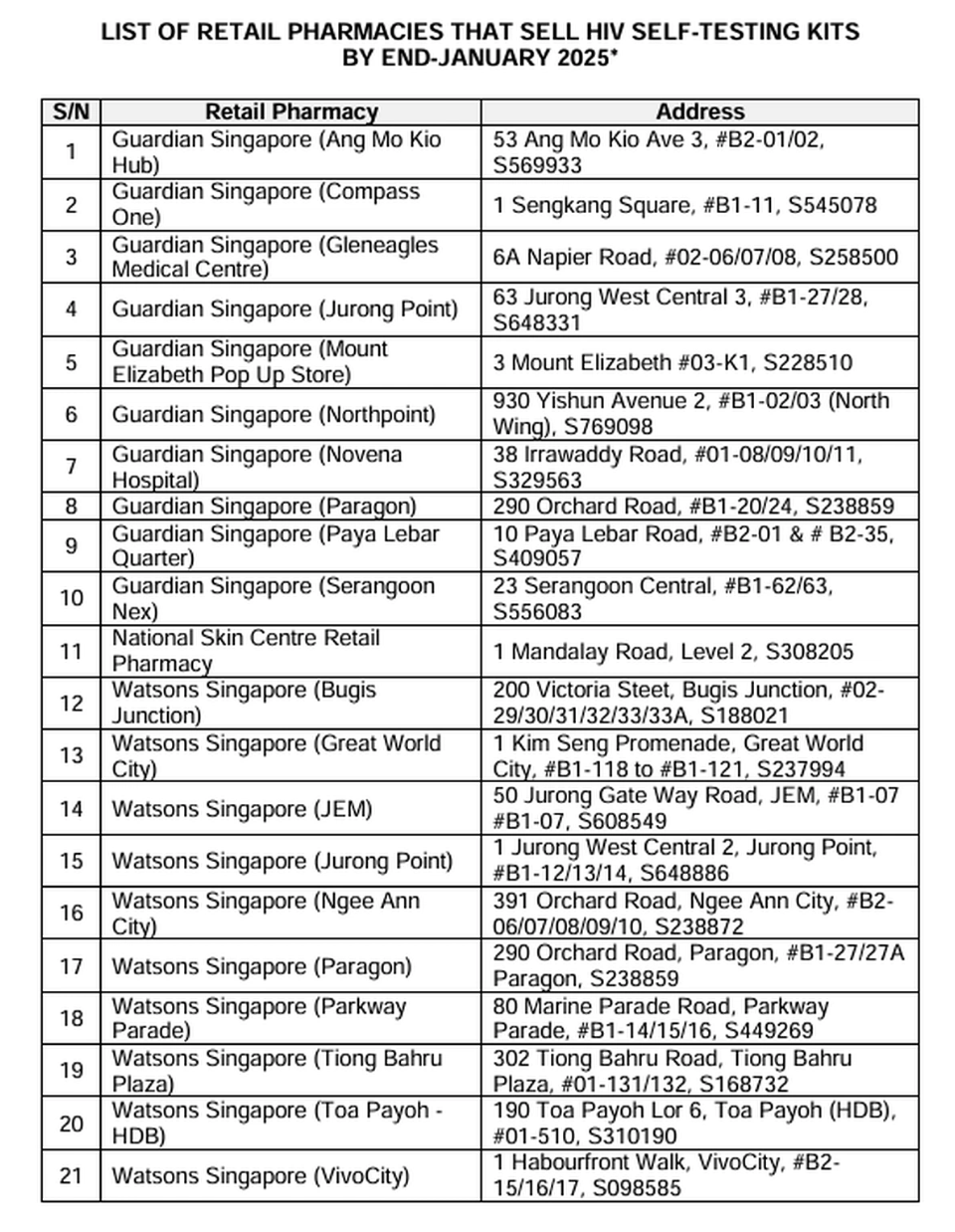 Screenshot from Ministry of Health.
Screenshot from Ministry of Health.
Related stories
Top image from MOH
MORE STORIES








